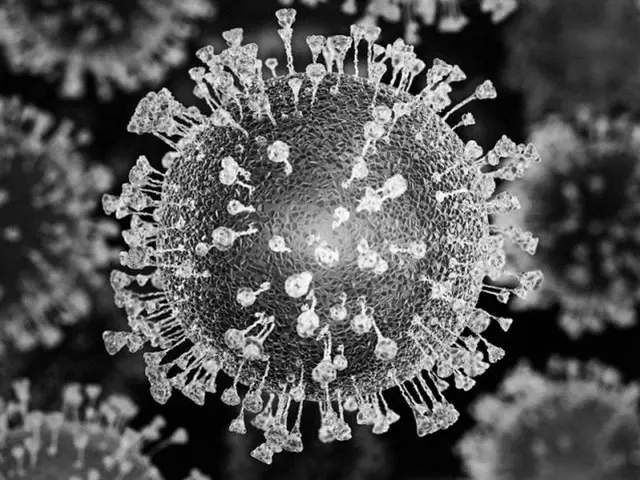Professor Ohm said in an interview with CBS Radio's "Kim Hyun Jung's News Show" on the 8th, "All the patients with cold symptoms may be COVID-19 patients."
Although he noted that these people are not COVID-19 patients, there have been many cases of people "mistaking a cold for COVID-19 and COVID-19 for a simple cold or air conditioner sickness," which could cause confusion among the public.
He said, "According to the data from the Korea Centers for Disease Control and Prevention, the number of patients hospitalized with COVID-19 in the last week of June and the first week of July was about 90 to 100, but now it has exceeded 450, and as of this week,
"The number of cases is likely to drop to 500 to 600," he said. "When respiratory samples were taken and virus analysis tests were conducted, about 7% were confirmed to be COVID-19 four weeks ago, but now it's 2.
"The number of cases is over 5%," he said, adding, "We predict that the number of patients will peak in the third or fourth week of August, and then the number of serious cases will increase further."
Regarding the difference in symptoms between COVID-19, the common cold, and air conditioner sickness, Professor Om said, "There isn't much difference.
" However, he explained that "air conditioner sickness rarely causes the body temperature to rise above 38 degrees, and symptoms include runny nose, sneezing, and a feeling of fatigue throughout the body."
"COVID-19 is characterized by a relatively mild illness that does not last long," he said. "The symptoms of COVID-19 are high fever, sore throat, cough, and runny nose, and they often do not improve easily. Elderly people and high-risk groups are more susceptible to the illness.
"The symptoms may linger and gradually worsen," he said. Professor Om also said, "It is difficult to distinguish between influenza and COVID-19," but added that it is not currently influenza season.
"So if you feel like you have a cold but are suffering, you should suspect that it is a COVID-19 symptom," he said.
"It will not last more than a month, but now that three to four months have passed since the epidemic in January and February of this year, a general weakening of the immune system has begun to spread again," he said. "New mutations have been introduced and the virus is evading the immune system.
"This situation will further fuel the spread of the virus," he said. He recommended that the elderly and those with immune disorders or chronic diseases wear masks, and that "when using public transportation or in crowded places, they should refrain from using masks as much as possible."
"Wearing a mask every day is safe and will contribute to reducing the spread of the virus," he said.
The number of hospitalized coronavirus patients increased five-fold, from 91 in the first week of last month to 464 in the final week. During the same period, the detection rate for the COVID-19 pathogen was found to have risen from 11.6% to 29.2%.
2024/08/08 21:32 KST
Copyrights(C) Edaily wowkorea.jp 78

